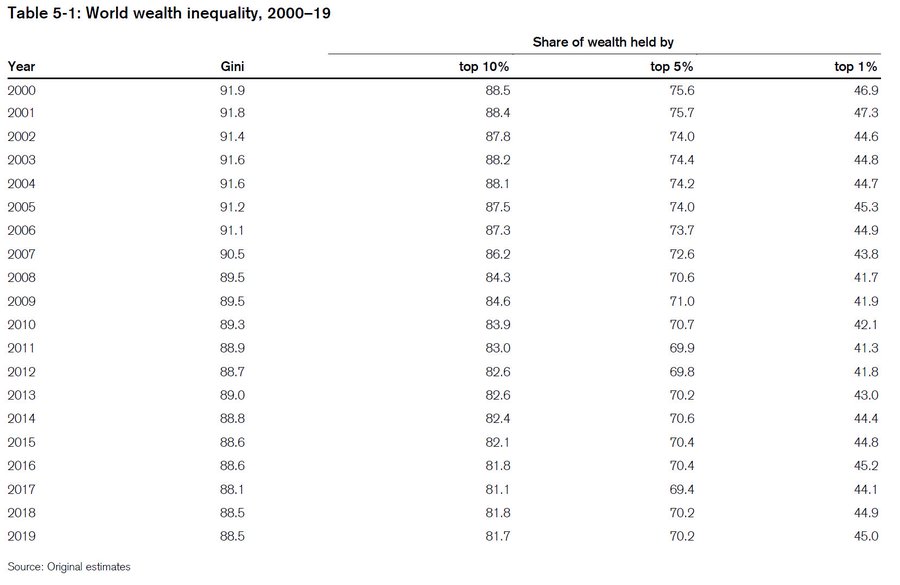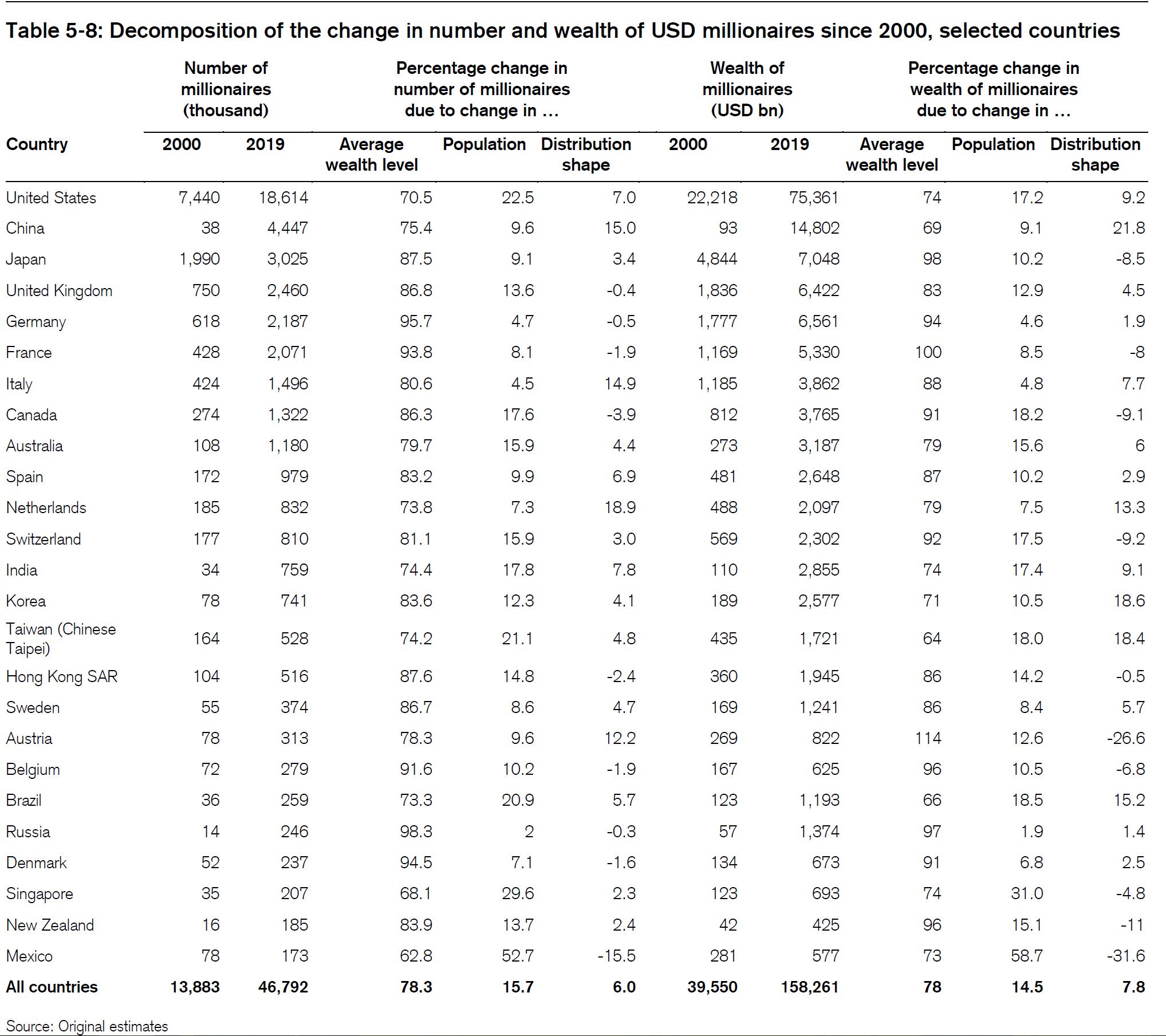Paternalism is contentious. Arguments for state action to protect us from ourselves are fraught. I come down pretty heavily on the anti-paternalism side of the argument, but I've heard respectable defences of paternalism.
But policy around vaccination is hardly paternalistic. There's a clear market failure that could be pointed to in any sound Regulatory Impact Statement.
In a place with relatively high vaccination rates, the primary benefit from your getting vaccinated goes to other people. The risk of catching anything is low, because everyone else is vaccinated. If you also get vaccinated, you very slightly reduce your already low risk of catching anything. You also very slightly consequently reduce the risk of anyone else catching anything - there's still risk among those who are vaccinated, and there are others out there who cannot be vaccinated because they either are immunocompromised, or are too young to be vaccinated. The latter effect is the bigger one. Since that benefit accrues to everyone else, you should expect undervaccination relative to a first best.
Of course, that only holds during normal times. If free-riding rates increase, then you get an outbreak - and consequent strong incentives not to free-ride but to get vaccinated and quickly. That brings a surge in demand for doses of vaccine - but vaccine cannot store for a long time and takes a long time to make.
Consequently, it is very easy to justify policy action that encourages regular uptake of vaccination. And if you're going to justify compulsion in anything health related, compulsion in vaccination seems the obvious place to start. And if you're going to start compulsion in vaccination anywhere, the very very obvious places to start are with those workers most likely to be coming into contact with the immunocompromised or children too young to be vaccinated.
In other words - people who work at hospital, and people who work with children.
I can't guarantee that compulsion is there warranted, but if it's warranted anywhere in anything to do with health-affecting activities, it's in this case.
There is already a pile of compulsion around health and health behaviours.
The government banned the sale of sodas in hospitals, for example, for the protection of the patients.
The government is considering a ban on small bits of food that public health people consider to be less nutritionally worthy, like popcorn, in early childhood centres - because of the choking risk. Radio New Zealand reports seven cases of choking in ECE centres from 2016.
If you smoke in your private automobile, and there are children in the car, then it doesn't matter if you're in a convertible with the top down driving down the highway at speed - the cops can fine you. And if you don't pay the fine, ultimately you can wind up in jail. For the protection of the children.
Bans are the strongest form of compulsion. But the list of nudges and shoves around alcohol, tobacco, and various foods, whether in place or proposed, is not small.
So you would think, with that much compulsion already all over the place in health, for the purported protection of health, in piles of areas where the justification is slim at best, that the one big thing that would most justify compulsion would already have been attended to, right?
RIGHT?
Here's what Eloise Gibson found when she went looking.
- Only two of New Zealand’s 20 DHBs know what proportion of staff are immune to measles, whooping cough or other infectious diseases.Stephen Franks pointed me to one potential reason: when Waikato DHB tried requiring that unvaccinated staff wear masks, the New Zealand Nurses Union threw a fit.
- The Ministry of Health says health workers should be vaccinated to lower their risk of spreading serious illnesses, but DHBs don't make it compulsory.
- At least two DHBs make vaccination a condition of employment for new staff, but not existing staff. It is possible to work in a patient contact role in a newborn intensive care unit or maternity ward without being vaccinated.
- At last count, almost half of staff at one DHB had not had a whooping cough vaccine. Up to 11 percent were not immunised against measles.
- A measles-infected staff member worked at a Christchurch hospital while contagious last month and other hospital workers have also had measles this outbreak.
- In some regions, only a third of hospital midwives are accepting the recommended free flu vaccinations.
And over in the ECE centers, staff who never bothered getting vaccinated had trouble getting vaccinated come the measles outbreak.
Vaccination is the best protection against measles but because babies can't receive their first MMR (measles, mumps, rubella) vaccine until 15 months, babies younger than that are particularly vulnerable.Measles has an incubation period where you're contagious before you might even know you're sick. Parents packing an 'unhealthy' snack for their own kid's ECE lunch will get in more trouble than some antivax clown who decides to work at hospital, or at an ECE centre.
Becky Casale said she was shocked to learn early education and daycare providers, whom she paid to look after her infant daughter, had no legal obligation to check staff were vaccinated or to tell parents about unvaccinated staff.
Casale said she knew a receptionist at a north Auckland daycare who was completely unvaccinated.
At least in ECE centres, we might hope that competition among centres for kids will have them highlighting their pro-vaccination credentials like 100% vaccinated staff and that they kick out kids who don't keep up with their vaccinations.
Harder to see that happening with hospitals. Heck, I wouldn't even have considered that hospital staff might not have been vaccinated.
How is it that we've wound up with a system that is happy to impose compulsion, for health reasons, and especially where children are involved - except in the cases where it is most strongly justifiable? A system that can tell you how many choking incidents in ECEs involved small bits of food, but that cannot tell how many ECE or hospital staff are vaccinated?
When it comes to soda, and tobacco, and alcohol, the public health crowd will insist that it's impossible to have informed consent. But, for ECE centres, and hospitals, and midwives, it's caveat emptor, with parents expected to know that they should check whether staff are antivaxxers. Like, a warning label on a pack of smokes wasn't considered enough warning about the dangers of cigarettes. They also needed plain packaging and taxes and a pile of other rules. But the person you hand your three-month-old to at ECE - not even a warning label that that person's an antivaxxer. The orderly cleaning the room your newborn is in at hospital? No label there either.
None of it makes sense - until you remember that the point of public health is not public health. If the point of public health were public health, full vaccination would be a condition of employment at public hospitals. And public health types would have dealt to vaccination at ECE outfits long before they moved to hector folks about what they put in the kids' lunches.
Previously:



